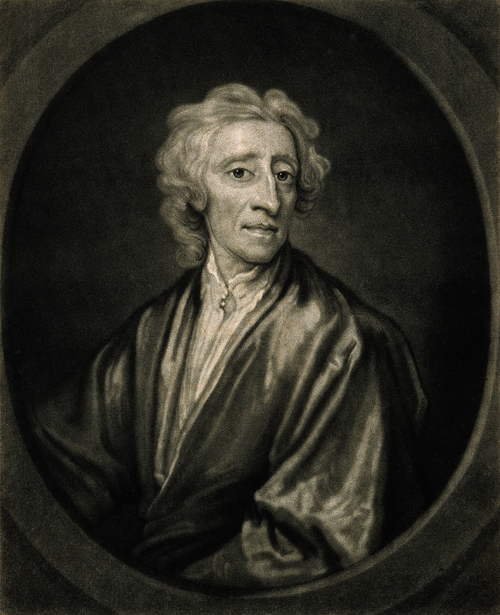
Impressum
Kundeninformation
 |
|
|||
The Philosophical Works and Selected Correspondence of John Locke |
Kontakt/Bestellung |
|
Online |
|
|
Verlag :: Publisher InteLex |

|
|
Preis :: Price Preise auf Anfrage / Prices on request |
|
|
Das Angebot richtet sich nicht an Verbraucher i. S. d. § 13 BGB und Letztverbraucher i. S. d. PAngV. |
|
|
ISBN/ISSN 978-1-57085-236-7
|
|
|
Verlagsinformation :: Publisher's information
Philosophical Works and Selected Correspondence of John Locke. Compiled and edited by Mark C. Rooks. Charlottesville: InteLex Corporation, 1995. An Essay Concerning Human Understanding Both An Essay Concerning Human Understanding and Two Treatises of Civil Government were based on the Twelfth Edition of Locke's Works. The words of the Twelfth were checked against the Dover edition of the Essay; all word discrepancies were checked against the Fourth Edition of the Essay (the last published in Locke's lifetime), with the Fourth arbitrating in all such cases. The text deviates by more than 100 words from both the Twelfth and the Dover. The punctuation is that of the Twelfth (which is close to the Fourth), with the exception noted below. We have deleted from the Twelfth several footnotes which did not appear in the Fourth. These footnotes primarily consisted of correspondence of Locke inserted by the editors to explicate some point in the text. Whereas the Fourth Edition made frequent use of italics, the Twelfth for the most part used quotation marks in their stead. However, certain italicized phrases in the Fourth were neither italicized nor placed in quotation marks in the Twelfth. We have improved on the effort of the Twelfth in this regard, by placing in quotation marks certain words or phrases italicized in the Fourth, but neither in quotation marks nor italics in the Twelfth. We found two word discrepancies between the Twelfth and the Dover in those passages added in the Fifth Edition [London: 1706]; in these two cases (which did not change the sense of what was being said) we relied upon the Twelfth. Two Treatises of Civil Government The words of Locke's Two Treatises of Civil Government were proofread against the 1714 and 1728 editions, with two out of three arbitrating discrepancies. We have created variant readings where the differences were phrase rather than word length. The Twelfth edition treated quotes very poorly indeed, and here we relied upon the earlier editions. Locke frequently quotes the work of Sir Robert Filmer. If a passage in the Twelfth is of the form "Quote from Filmer . . A few words from Locke . . Quote from Filmer," the Twelfth has a nasty habit of including the entire passage in quotation marks. The Twelfth used quotation marks instead of italics. This convention is followed in the Past Masters edition. Bibliography:
Notes Note: If this collection is purchased in addition to either the Locke-Berkeley-Hume or the British Philosophy 1600-1900 collections, there is a credit for overlap in the texts. |
|